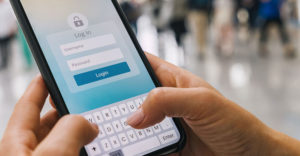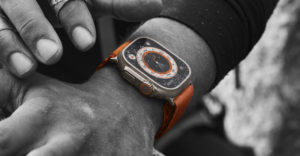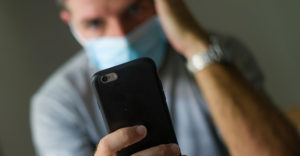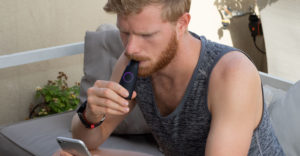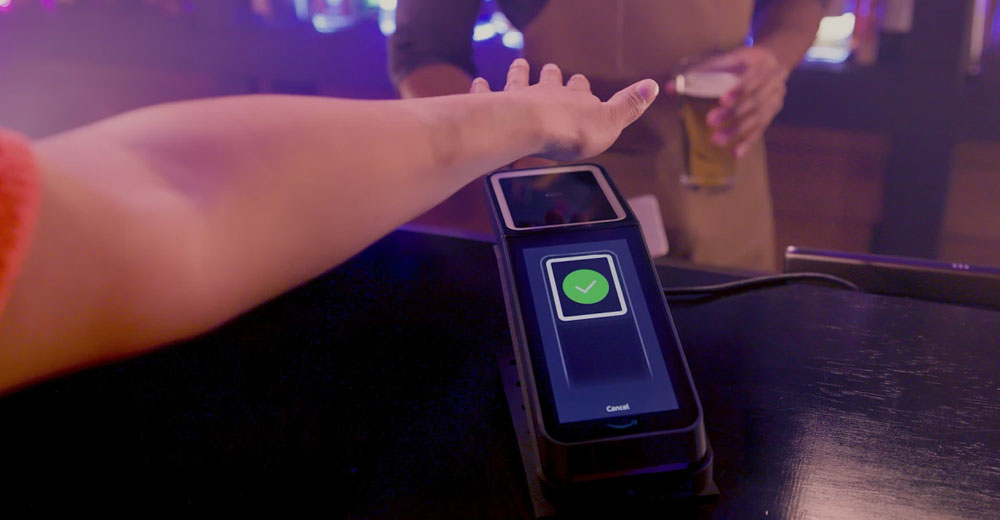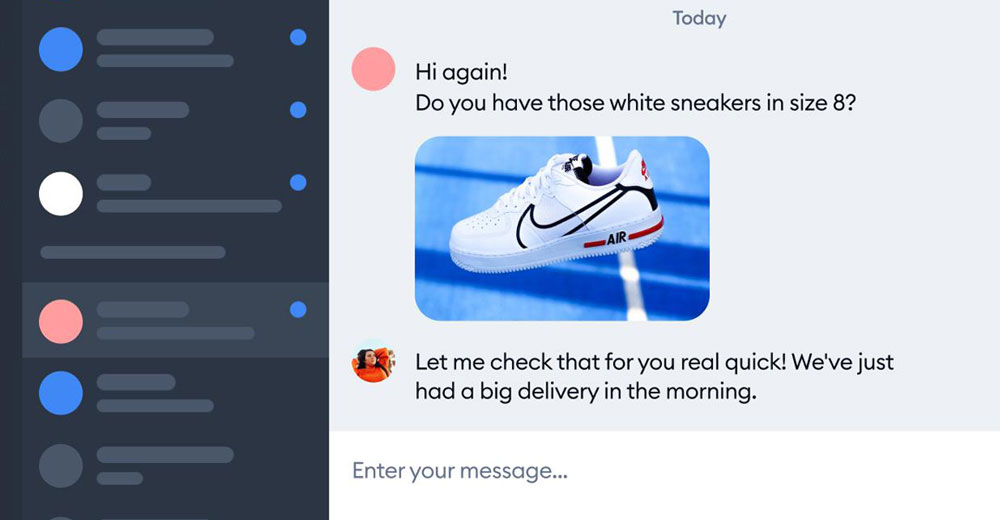Amazon added two new solutions to its Alexa Smart Properties lineup Monday that will allow senior living and healthcare providers to integrate the company’s voice agent Alexa into their properties and empower residents and patients to stay connected, informed and entertained.
Designed specifically for the needs of senior living communities and healthcare facilities, Amazon explained that Alexa Smart Properties simplifies deploying and managing Alexa-enabled devices at scale, helping properties offer customized experiences for residents and patients, and increase care team productivity and operational efficiency.
Connecting Seniors
Amazon explained the new Alexa solution will enable senior living residents to keep in touch with their loved ones, connect with their community, access community news and more by using an Amazon Echo device in their room.
Family members and friends outside the property can easily get in touch with residents through Alexa calling, it added.
Amazon added that senior living administrators are able to tailor their residents’ experiences by customizing community information like activity schedules and meal menus.
Meanwhile, care team members can communicate more efficiently with residents using Alexa communication features, which enable them to make announcements, voice and video calls, or send direct audio messages to other Alexa-enabled devices throughout the property.
Alexa can also enable care staff to save time and increase productivity by streamlining activities like check-ins, field requests for maintenance and administrative tasks.
“Most senior care facilities have ways to communicate to resident rooms, but the Amazon offering will bring far greater functionality,” observed Jonathan Collins, a research director at ABI Research.
“Leveraging the scale of its Alexa device business, Amazon clearly has the ability to drive competitive pricing, as well as offer greater functionality in this market,” he told TechNewsWorld.
He added that Alexa could have an impact on staffing at senior care facilities.
“By supporting all the functionality offered through Alexa devices and centralized system management, a facility could see a significant boost in efficiency,” he said.
In addition, Collins noted that the system would likely free staff to deliver on the most pressing requirements of client support.
“There could be real efficiencies in using voice-activated technology to replace human labor,” added Michael Cannon, director of health policy studies at the Cato Institute, a libertarian think tank in Washington, D.C.
“It could reduce the cost of senior and hospital care,” he told TechNewsWorld. “Or it could increase it, if seniors and patients decide they like the independence so much that facilities invest in Amazon technology so heavily that they end up spending more on it than on the human labor the devices replace.”
Patient Game Changer
At hospitals, the new Alexa solution can be used by patients to communicate with their care staff, control devices in their room, or stay informed and entertained with news and music, Amazon noted.
It added that healthcare providers can communicate with patients quickly and easily with features like calling and Drop In — without the need to enter patient rooms. That enables hospitals to increase productivity, conserve medical supplies and protective equipment, such as masks, gloves, and gowns, and free up staff time to provide more personalized care.
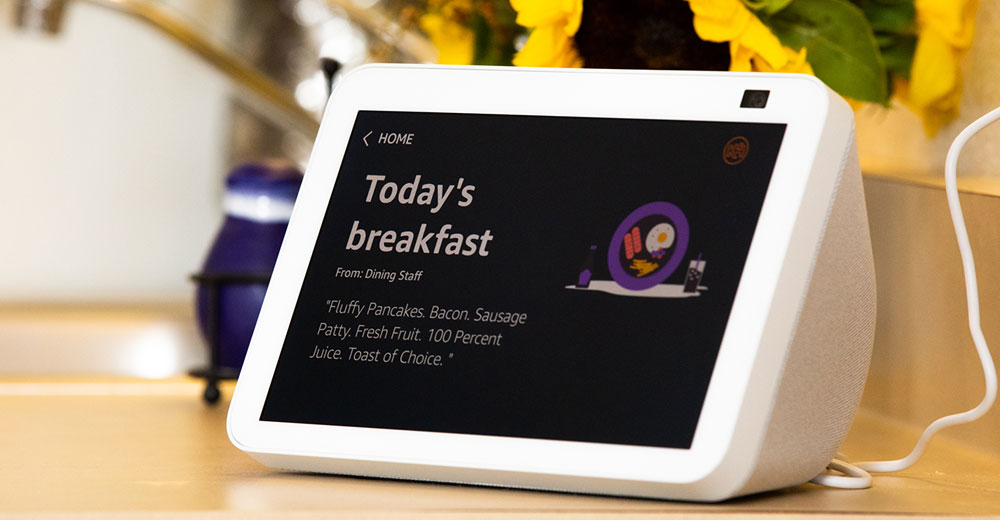
An Echo Show 8 deployed in a senior living community (Photo: Business Wire)
“It will also help mitigate concerns about spreading disease by minimizing the frequency of entering patient rooms that are high risk,” IDC Senior Research Analyst Adam Wright told TechNewsWorld.
In addition, hospitals can provide information customized to their facility, like notifications about schedule changes or cafeteria menus, and skill experiences like games, podcasts, and more.
“Voice is intuitive for patients, regardless of age or tech savviness,” Peachy Hain, executive director of medical and surgical services at Cedars-Sinai in Los Angeles, said in the news release.
“Since it’s so easy to operate,” she continued, “patients can use Alexa to connect with their care team and stay entertained as soon as they settle in, while care providers can streamline tasks to make more time to care for those patients.”
“It’s a total game changer for enhancing our hospital experience,” she added.
Patient Centric Approach
At Houston Methodist, Alexa fits nicely into the hospital’s patient-centric approach, noted Administrative Director of Ambulatory Clinical Systems Josh Sol.
“We’re trying to put patients in the center of what we do, and Alexa allows us to do that,” he told TechNewsWorld.
He added that Alexa Smart Properties tools are also being used in the hospital’s outpatient exam room in its Ambient Listening program.
“It leverages tools from Amazon that help to support our physicians to reduce burnout,” he said. “It allows a physician to have a more solid interaction with a patient without typing up or clicking on everything that was talked about.”
“Visits aren’t voice recorded with the technology,” he explained. “It automatically transcribes the session, and the transcription is stored in a secure HIPPA-compliant application that ties into our electronic medical record system.”
“The sky’s the limit for voice technology,” he added. “Our grand idea is that we can capture all the appropriate documentation we need by leveraging voice technology, versus going behind a computer and typing it out.”
Privacy Concerns
Since healthcare providers handle very sensitive personal information, privacy is always a concern with any technology they use.
According to Amazon, its new Alexa solutions are designed with privacy in mind.
No personal information is shared with Alexa to use the device, and voice recordings are not saved, it noted.
In addition, every Amazon Echo device offers multiple layers of privacy protection, and residents and patients can disable Alexa’s ability to respond to the wake word at any time by simply pressing the mute button on top of their Echo device.
What’s more, Amazon implements administrative, technical, and physical safeguards for protected health information received as part of HIPAA-eligible skill interactions.
There may be privacy concerns about the solutions, but no more than in any other setting that uses internet-connected devices, a smartphone, or a smart speaker, Wright maintained.
“Amazon has sufficient privacy protections built-in to the solutions, and it’s in their economic interest to ensure that the privacy of the patient and healthcare workers is protected,” he said.
“A failure for Amazon to protect patient and worker privacy would be a PR nightmare and could also lead to legal penalties,” he added.
Beyond the Smart Speaker
With the introduction of these new Alexa solutions, Amazon is making good on its promise to developers made earlier this year.
“One of the things that came out of Amazon’s last developers’ event was we should expect Alexa to be in many more contexts than we’re used to,” said Ross Rubin, the principal analyst with Reticle Research, a consumer technology advisory firm in New York City.
“We tend to think of Alexa living in a smart speaker most of the time and being a voice-control agent, but Amazon has been working on making it a multimodal experience with a visual display and incorporating gestures,” he told TechNewsWorld.
“It’s selling it as a technology into businesses and the enterprise,” he continued. “That includes white label opportunities, such as allowing Disney to use its own wake-up phrase ‘Hey, Disney’ or Verizon to use ‘Hey, Verizon.'”
Wright added that the new solutions will help Alexa gain momentum in the enterprise and commercial space.
“It has already had a presence for some time in workplaces via Alexa for Business and in hospitality setting like hotels,” he said.
“The new Alexa solutions for hospitals and senior living facilities will help broaden Alexa’s footprint, potentially introduce new customers into its ecosystem,” he continued.
“More importantly,” he added, “it will demonstrate, in meaningful ways, how smart assistants like Alexa can be used to make people’s lives more convenient and — in the case of healthcare settings and during a pandemic — safer, as well as promote better health outcomes, both for patients and healthcare workers.”







